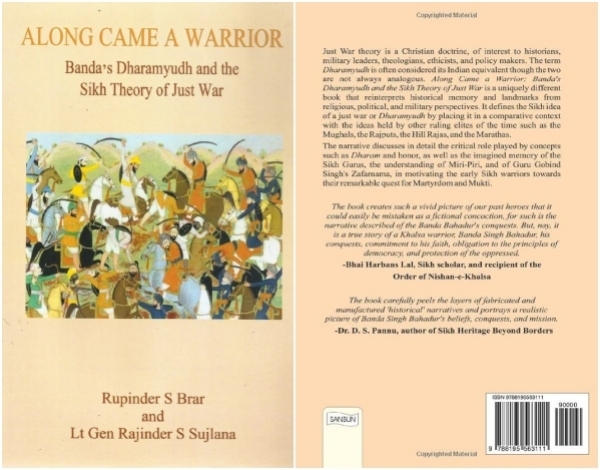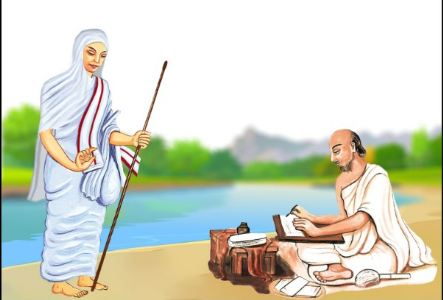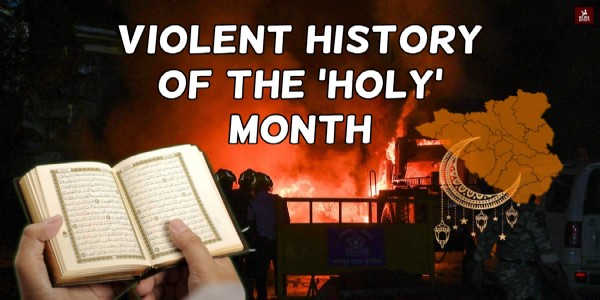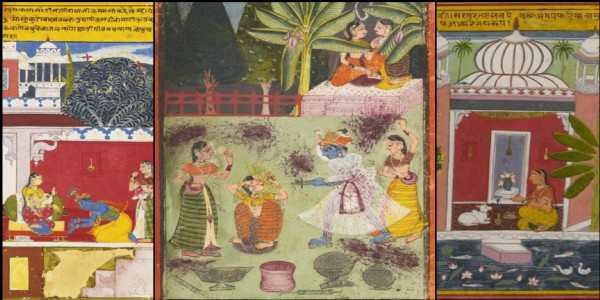Along Came a Warrior - A new insight into Sikh thought, theology and concept of Dharma
A Detailed Analysis of this Riveting Historical Account by Dr. Rupinder Singh Brar and Lt. Gen. RS Sujlana
Total Views | 117
For an avid student of history, the book "Along Came a Warrior" is both interesting and analytically absorbing. It has the potential of immersing the reader in to its flawless narration supported by a large volume of research. On the cover page the book explains its content as "Banda's Draramyudh and the Sikh Theory of Just War."

Essentially, the book covers the period from 1708 when Banda Singh Bahadur was initiated into the Khalsa fold by Guru Gobind Singh at Nanded, Maharashtra. It narrates the journey of Banda Singh to Punjab and his victories over the Mughals leading to virtual rule of the Khalsa over large tracts in Punjab and the hill principalities. It explains the challenge the Banda Singh Bahadur posed to the might of the Mughal Empire. Finally, the book covers the circumstances of his defeat in the hands of overwhelming Mughal hordes supplemented by allied forces of Hindus principalities; his imprisonment and death by extreme torture under orders of the Mughal emperor Farruksiyar on 9 June 1716.
The aforementioned narration is supplemented with vivid explanations of the military, social, economic and political environment under the suppressive Mughal rule in those times. The breakdown in ethics and rule of law due to a weak central authority since the times of Emperor Aurangzeb up to the last covered incumbent Farruksiyar is covered in detail. The debilitating wars of succession and barbarity exhibited by the victorious Emperors is aptly analysed with emphasis on its effect on the common man, it instils an emotive chord in the readers.
Banda Singh Bahadur and his Khalsa remained in conflict mode all through the short period of their presence in the Punjab. Since one of the authors, Lt. General RS Sujlana, is a retired General of the Indian army, the military aspects of the times, both of the Mughals and the Khalsa, have been covered with exemplary professionalism. In this period the manner in which the Khalsa metamorphosed from a rag-tag force into a professional fighting machine that caused havoc among Muslim ranks has been narrated in a lucid and professional manner. One can literally visualise the movement of troops and the battle engagements while reading them.
A high point of the book is the manner in which related aspects of religion and social evolution are juxtaposed in the narrative. One gets a deep insight into the philosophy of the Nirgun Bhakts and Guru Nanak Dev. The reasons leading to the martyrdom of Guru Arjan Dev and Guru Tegh Bahadur and the circumstantial necessity for the otherwise peace loving Sikhs to take to arms in accordance with the covenant by their Gurus is covered in detail and with sensitivity.
Finally the aspects of Dharam (righteousness) and Dharamyudh (just war) as interpreted by the leaders of the nascent Sikh faith are analysed and articulated in a manner that will surely lead to a relook into Sikh theology. Sikh intellectuals and institutions related to study of Sikh thought will definitely be motivated towards carrying out more research in the lines of the hypothesis presented in the book.
A word about the authors. Dr. Rupinder Singh Brar is a California based cardiologist and critical care specialist; Lt. Gen. RS Sujlana is a senior military veteran. Both have an abiding interest and knowledge of Sikh history, Sikh religion and tenets; Dr Brar has written a delightful book on Japji Sahib and is often invited to give lectures on Sikhi in the US and across the world. Lt. Gen. Sujlana is a second generation officer serving the Sikh Regiment, nothing more needs to be said about his antecedents in aspects of love and faith in Sikhi. Both have obtained the zenith of their professional careers and have now tread the academic domain with great proficiency. Reading the book gives an impression of it being written by a reputed historian and academician.
I have enjoyed reading the book and gained significant insights from it. I strongly recommend the same for academicians, Sikh theologians, and most importantly all those interested in the history of India medieval periods, more specifically the Mughal era. It is a must read for all who have an interest in Sikh history, especially the circumstances that led to creation of a glorious Sikh empire and the abiding principles of the Sikh faith.
The book is available on Amazon, Flipkart and select stores across India and abroad. It also has a Kindle edition.
Bharati Web







